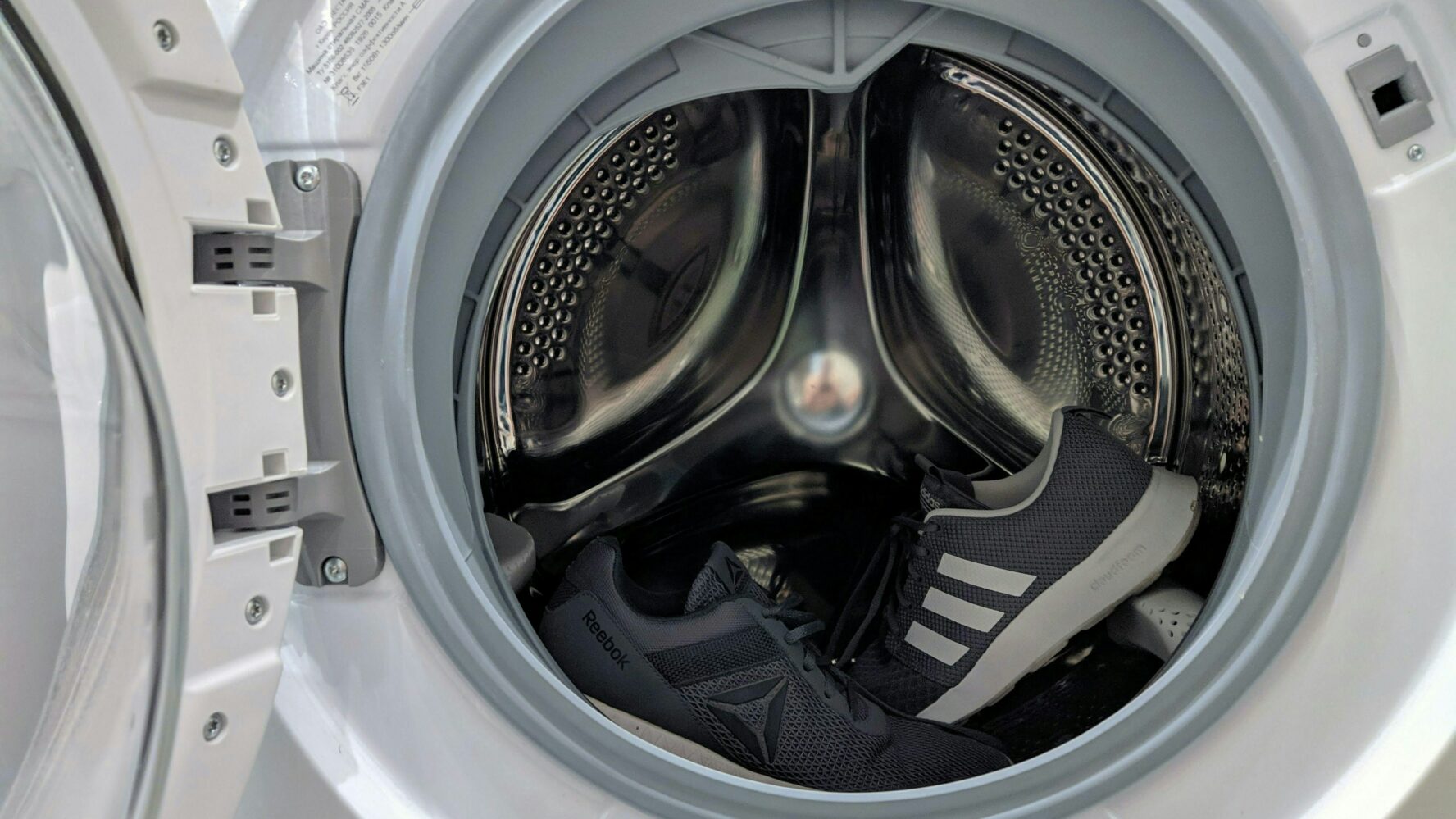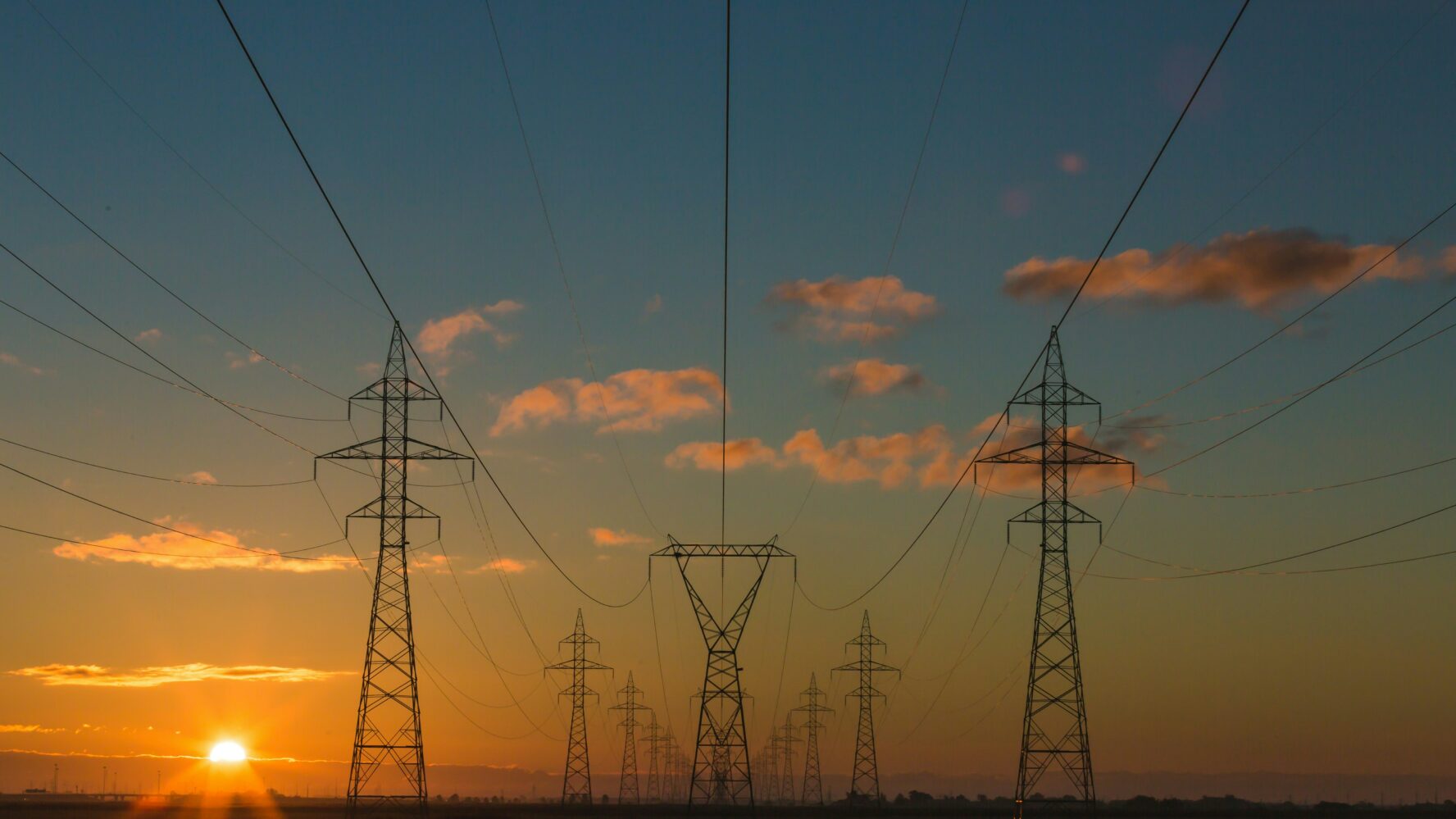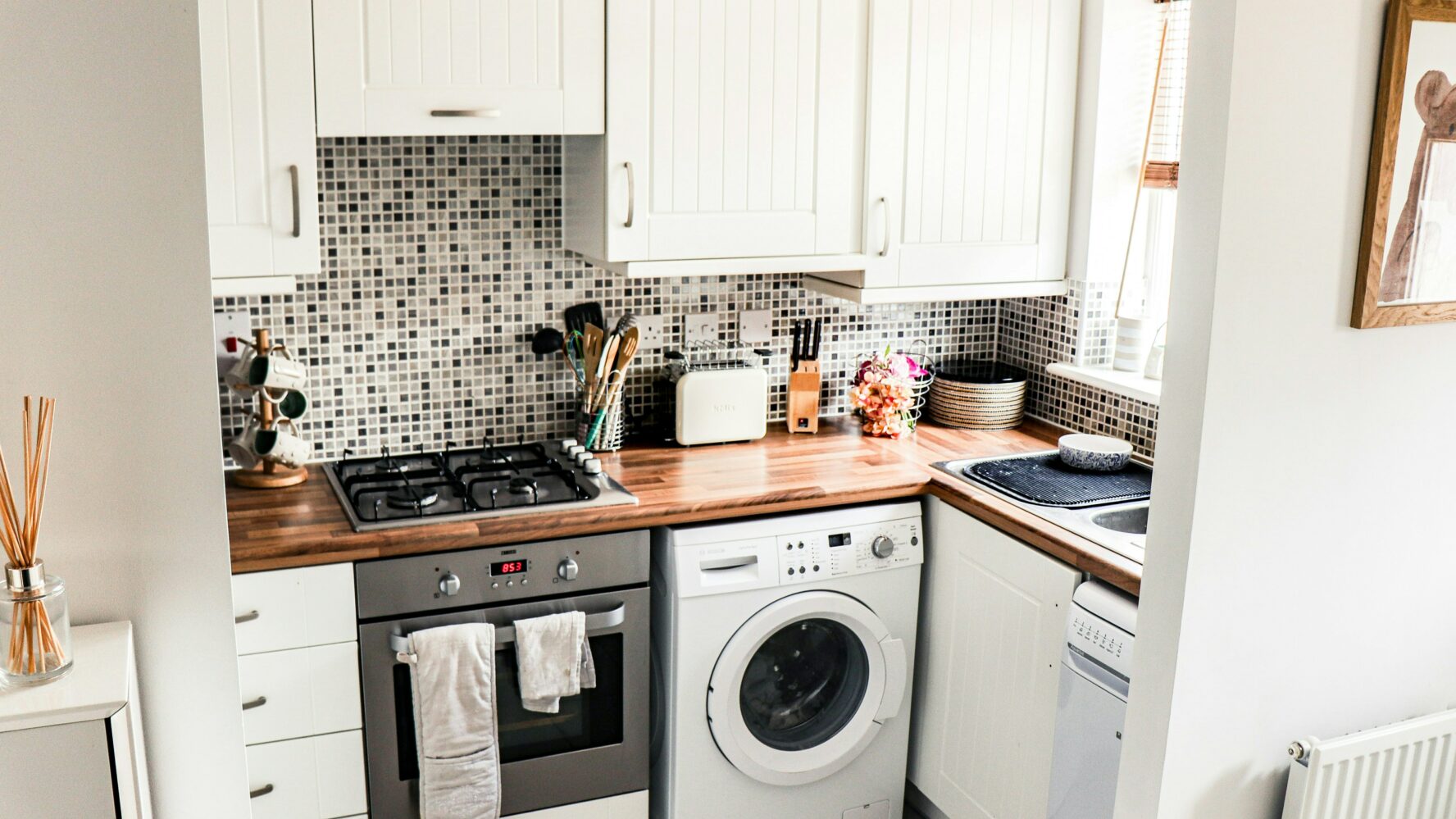
With energy prices on the rise, and Winter Fuel Payments having been scrapped for millions of pensioners in 2024, the upcoming winter season is a worrying time for lots of us. We’ve compiled a list of top energy saving tips to help you reduce your energy bills.
Before we jump right in…
Ten energy saving tips for those on a budget
Making small, everyday changes can go a long way in reducing your energy bills. These top tips are perfect for everyone on a low budget, helping you take control of your energy usage without spending a fortune upfront.
1. Switch off standby
Let’s kick things off with one of the easiest home energy tips: turning off appliances that are on standby. Although it seems a no-brainer, you’d be surprised by how much those red lights drain your energy over time. By switching off your gadgets, you could save, on average, £45 a year* on your energy bills.
2. Wash clothes at cooler temperatures
Most modern detergents are still effective at lower temperatures. This means that you can wash most of your clothes as low as 30 degrees. By reducing the amount of washes you do, and avoiding doing lots of small loads of laundry, you’ll save on average £24 a year*.
3. Bleed your radiators for optimal heating
Bleeding your radiators is a handy way to stop air getting trapped inside and prevent them from being less efficient. If you feel cold spots towards the top of your radiators, notice that they take longer to heat up, or hear gargling noises, it’s time to bleed them.
4. Shorten your shower time
Did you know that shortening your shower time can help to reduce your energy bills? The longer your shower, the more energy you use. Try to cut your shower time down to around four minutes. To turn this into a fun challenge with the family, play your favourite four to five minute song and aim to get out before the last note finishes.
5. Cook smarter
There are loads of kitchen energy saving tips that can help you be extra savvy and save on energy bills. Try to cover your pots and pans with lids while cooking, use the microwave instead of the oven, and leave the oven door open once you’ve used it to warm up the room. If you own an air fryer, you could also opt to use this instead of your oven.
6. Give your boiler a regular check-up
Just like us, our boilers also need regular check-ups. If you have home insurance or separate boiler insurance, regular services may be included. You can also check your boiler’s pressure yourself; it’s super simple to do, and you can find instructions on EDF’s website. A well-maintained boiler can use less energy to provide the same amount of heat, which can reduce energy bills.
7. Boost efficiency with regular cleaning
Who knew that a bit of elbow grease could lead to savings on energy bills? Well, by cleaning your oven and radiators regularly, you’ll help them to run more efficiently.
8. Avoid overfilling the kettle
Although we all might love a cup of tea or coffee over the winter months, try not to overfill your kettle. By just filling up the kettle with the amount of water you need, you’ll save, on average, £10 per year*.
9. Only heat the room you’re in
Why waste energy heating empty rooms? Focus on warming up the spaces you’re using by turning off radiators in empty rooms if you can. If you spend a lot of time in one room, such as working from home, and don’t want to heat your full house, you could opt for a heater just for that one room.
10. Don’t run the dishwasher half empty
Another kitchen energy saving tip is to wait until your dishwasher is full before hitting the start button, to reduce water and energy consumption. Most modern dishwashers are designed to handle full loads, so don’t worry about sacrificing cleanliness.

Ten thrifty energy saving tips
The next set of energy saving tips are for those people who want to be extra thrifty and creative, or want to use their DIY skills to save on energy bills throughout the year.
1. Claim free water-saving gadgets
If you live in the UK, you could grab some free water-saving gadgets, including shower heads, shower timers, tap inserts, water butts and garden hose nozzles. They’ll help you to regulate water usage and cut costs on your bills.
2. Consider thermal curtains
Thermal curtains are proven to help prevent draughts through your windows and reduce heating costs. If you can’t invest in thermal or heavy curtains up front, you could add a layer of thermal lining or fleece to your existing curtains to help keep the heat in. This is especially helpful if you don’t have double-glazed windows but want to have maximum insulation.
3. Switch energy supplier to save on bills
With energy prices on the rise, it’s important to know what energy tariff you’re on and what the price cap means for you. The process of shopping around for new energy deals is actually a lot easier than you might think, and could save you money each year.
4. Install a radiator shelf for better heat circulation
A helpful tip to save energy is to install a radiator shelf above your radiators. Not only do they provide extra home storage, but they also help to move the heat forwards into the room. This is a better option than a full radiator cover, since these can block the heat from flowing into the room.
5. Boost heating with radiator aluminium
A simple and efficient tip to save energy is to place a sheet of aluminium behind your radiators. This helps reflect the heat back into the room, saving you costs on your heating bills.
6. Make your own DIY draught excluder
Draught excluders do exactly what they say on the tin: keep draughts out to help keep the heat in. They work really well for places like doors to your garden or cellar, and could save you money each year on your heating bills. You could buy a draught excluder, or get extra crafty and make your own. This can also be a lovely family activity to do together.
7. Seal in the warmth with DIY window strips
Use old fabric or buy foam strips to seal window gaps. You can sew or tape these materials to create a snug fit along windows, preventing cold draughts. You can even use cling film on your windows to provide an extra layer of insulation.
8. Collect rainwater to keep your garden thriving
If you’re an avid gardener, you might benefit from investing in a water butt, especially during the rainy UK winters. Not only will you save on water bills and prevent having to fill your watering can from the tap, but you’ll also be lowering your household’s carbon emissions. If you can’t afford a water butt, try using large containers instead.
9. Swap turning on the heating for a heated blanket
A heated blanket is a great way to keep you warm, without having to turn the heating on — perfect for remote workers or those who might be at home throughout the day. Most modern heated blankets are energy efficient and are much cheaper to run than other household appliances.
10. Use a heated air rack instead of a tumble dryer
Heated air racks are great alternatives to using the tumble dryer. You can even get heated air rack covers to help your clothes dry quicker, too. By avoiding the tumble dryer, you’ll save, on average, £50 per year*.
If you have some extra spare cash, you could also consider investing in a dehumidifier. As it removes excess water from the air, it helps to dry your clothes quicker and prevent unwanted condensation and mould from cropping up in your home.

Home improvement energy saving tips for long-term savings
We understand that not everyone is in a position to make big changes to their homes right now, but, if you are able to invest a little more money upfront, certain home improvements like investing in double glazing and insulating your home can lead to savings on energy bills over time.
If you’re on a low income, you might be eligible for some energy grants. Explore Gov’s Help to Heat funding scheme here.
*Statistics taken from Energy Saving Trust






